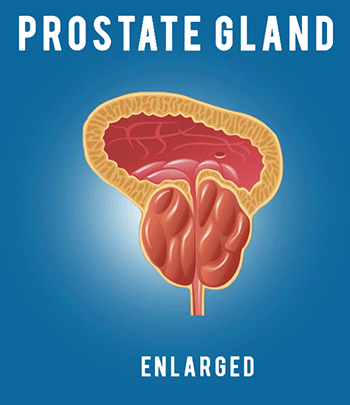Depression
One of the more common problems of our times is depression, despite the fact that, in material terms, most of us have never had it so good. There has, of course been an economic downturn recently which has caused job losses and financial problems for many and this may be a contributory factor but some people seem to suffer chronic depression for no real or apparent reason.
Because of this there has been a rise in numbers of prescriptions of antidepressants to treat the problem, but as with most drugs there are side effects to be aware of. A recent article gives a good explanation and overview of antidepressants and is worth checking out.
The article explains that:
“Antidepressants are psychiatric medications given to patients with depressive disorders to alleviate symptoms. They correct chemical imbalances of neurotransmitters in the brain which probably cause changes in mood and behavior.
Antidepressants may be used for a wide range of psychiatric conditions, including social anxiety disorder, anxiety disorders, and dysthymia (mild chronic depression).”
The article continues:
“Antidepressant usage has become more common because:
There has been a broadening in the concepts of need for mental health treatment.
Campaigns to promote mental health care have become more widespread.
Mental health treatments have become more widely accepted by the public.”
“According to the Royal College of Psychiatrists, England, there are nearly thirty different kinds of antidepressants, which can be divided into five main types:
Monoamine oxidase inhibitors (MAOIs)
Noradrenaline and Specific Serotoninergic Antidepressants (NASSAs)
Serotonin and Noradrenaline Reuptake Inhibitors (SNRIs)
Selective Serotonin Reuptake Inhibitors (SSRIs)
Tricyclics”
The article lists all the main side effects that are possible with the use of these drugs, from mild to potentially quite serious, so it is essential for a doctor to be convinced that the good they will do will outweigh possible harm.
For anyone prescribed these drugs it is as well to know about the possible side effects to better enable them to prepare for them and to cope.
The article also points out the following:
“Most antidepressants take a few weeks to work. They are usually taken for a few months or several years.”
“Lack of compliance is a serious problem in getting the best out of antidepressants. Compliance means sticking to the treatment regime, taking the tablets at the same time every day, not forgetting to take them, etc.
Patients with depression may not like having to wait several weeks for a result, and many drop out before the medication has had a chance to work.”
“According to the Royal College of Psychiatrists, the percentage of people who reported a significant improvement after three taking an antidepressant for three months was 50% to 60%.”
“Patients who receive a combination of antidepressant medication and psychotherapy tend to get better results with major depressive disorder compared to those who are on medication alone or have just psychotherapy, according to several studies.”
It is probably fair to say that anyone suffering from depression should consult their doctor for appropriate advice or referral to a psychotherapist, since it seems unwise to embark straightaway on drug therapy which may not be sufficient by itself to solve the problem, possibly only damping down symptoms and carrying a risk of untoward side effects.


